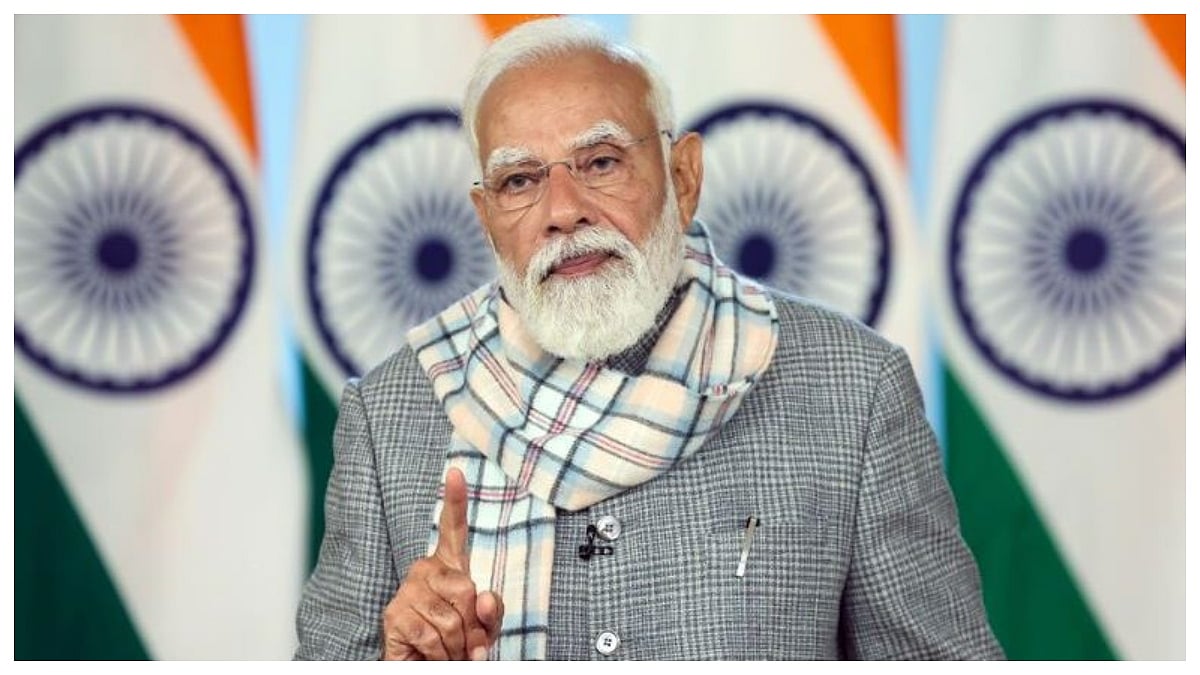Singapore: As many countries in the world are closing their borders, the COVID-19 outbreak has acutely impacted the travel industry, especially airlines witnessing the most notable casualties.
According to the International Air Transport Association (IATA), airlines could lose a quarter of a trillion dollars in revenue this year as commercial flights come to a grinding halt.
Sydney-based CAPA Centre for Aviation estimates that many carriers will go bankrupt by the end of May if they cannot find support and further predicted that about half of all global airlines could go out of business before the end of the year.
Bloomberg, using the Z-score method developed by Edward Altman in the 1960s to predict bankruptcies, determined that among airlines that are in danger of going under are Pakistan International Airlines, SpiceJet, Norwegian, American Airlines, SkyWest, Air Asia, Asiana Airlines, Virgin Australia, Korean Air, China Eastern, and China Southern Airlines.
This list is not exhaustive. The analysis, however, does not take into account government bailouts, extraordinary capital injection by shareholders, and other sources of funding. The Z-scores measure five variables including liquidity, solvency, profitability, leverage and recent performance.
Airlines are in serious cash preservation mode with nearly a third of the world's aircraft fleet in storage, according to travel industry data provider Cirium.
Airports Council International Asia-Pacific said that airport traffic at 12 major hubs in the Asia-Pacific region plunged by 80 per cent on average in the second week of March compared with the same period last year.
Even storied and well-run companies like Singapore Airlines (SIA) cannot escape the devastation inflicted by COVID-19 on the industry.
Up to when the crisis started, SIA was the 15th largest airline group in the world, serving around 140 destinations in more than 35 countries and territories.
Earlier last week, it announced that it was reducing scheduled capacity by 96 per cent till the end of April and grounding 138 out of its 147 SIA and SilkAir planes. Budget subsidiary Scoot will stop flying 47 out of its 49 aircraft.
It is also in discussions with aircraft manufacturers to defer upcoming aircraft deliveries and, if agreed, it will consequently defer payment for those orders.
It has also announced that management staff will take steep pay cuts and other employees have been offered no-pay leave including pilots who will take a week off every month. It will furlough contract staff. The measures will impact about 10,000 staff.
Singapore has no domestic market to speak of and the SIA business model depends on overseas travel by Singapore residents or passengers connecting through its Changi Airport hub. With the Singapore government banning transit passengers from Changi from March 24 adding to the travel restrictions imposed by almost every country in the world, SIA had to dramatically scale back its operations.
On March 24 after a rare suspension of trading of its shares, SIA announced a financial rescue package backed by its largest shareholder, state-owned investment firm Temasek Holdings which owns 55 per cent of SIA. The financial package will involve the issuance of SGD5.3 billion ($ 3.7 billion) of new shares and selling convertible bonds worth SGD9.7 million ($ 6.8 billion). Temasek has pledged to take up any remaining shares and bonds that are not subscribed.
It is the largest financing package announced by an airline since the collapse of the air travel market due to the pandemic
This is on top of an SGD 48 billion ($33.8 billion) coronavirus supplementary budget package announced by the Singapore government last Thursday to help Singaporeans and businesses tide over this period of economic difficulty. SGD1 billion is specifically to help the travel and aviation industry. Affected companies can be paid up to 75 per cent of wages of its Singaporean workers.
With India in the midst of a 21-day lock-down due to the pandemic, its airlines are expected to take a massive hit from the cancellation of flights.
CAPA Centre for Aviation estimates that the Indian airline industry including companies providing auxiliary services like airports and ground handlers could incur losses of between $3.3 to 3.6 billion in the first fiscal quarter of 2021 ending June 30. This is on the assumption that the airlines are not grounded beyond when the current lockdown ends on April 15. The report estimates that there will be a year on year decline of between 30 to 50 per cent of domestic and international traffic in FY2021.
Separately, ICIC Securities quoted by Bloomberg Quint estimates that for the quarter ending June, IndiGo and SpiceJet will report losses of $730 million and $188 million respectively if the air travel is not revived by then.
CAPA predicts that if the shutdown continues another 3 months, IndiGo which just issued a profit warning may see its cash reserves dwindle considerably. The report added that Tata Sons may have to consolidate holdings in its two airlines - Vistara and Air Asia India - and operate just one.
The government's plan to sell off its stake in Air India is likely to be delayed until after FY2021. Already it has extended the submission date for expression of interest to April 30 from March 17 due to the pandemic. As a result, it will need to inject even more cash into the ailing airline to keep it afloat. CAPA estimates that an infusion of at least $300 million would be necessary.
CAPA says in its report that in order to help the airline industry come out of this slump, the government will need to provide a support package to the industry. Among the measures it has recommended are helping airlines pay staff salaries, a waiver or suspension of payment of airport charges and bringing aviation fuel under the GST framework. It suggests that the measures should continue for three to six months or until airlines are able to begin normal operation again.




